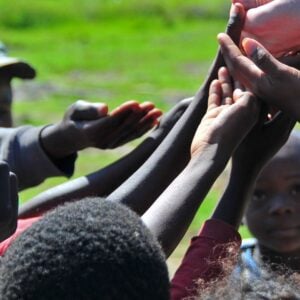Senior United Nations officials have lauded the Government of Nigeria for its leadership in addressing internal displacement and emphasized the need for sustained international engagement to realize long-term, development-driven solutions. Following a three-day joint mission to Nigeria, senior representatives from the International Organization for Migration (IOM), UNHCR, and UNDP highlighted the importance of coordinated and inclusive approaches to build on Nigeria’s progress. They noted that the upcoming National Development Plan (2026–2030) offers a critical opportunity to embed durable solutions for internally displaced persons (IDPs) into national development and financing priorities.
The delegation urged international financial institutions and development partners to scale up predictable, long-term financing, stressing that durable solutions require more than humanitarian aid—they demand investments that enable self-reliance, economic recovery, and resilience. In Yobe State, officials observed that 24 percent of the state’s annual budget is dedicated to implementing its State Action Plan on Durable Solutions, reflecting one of the most significant government allocations globally. IDP representatives were actively involved in discussions, signaling a shift from being treated solely as beneficiaries to recognized partners in decision-making.
Nigeria, one of 15 pilot countries under the UN Secretary-General’s Action Agenda on Internal Displacement, has demonstrated strong national ownership through its National Policy on Internal Displacement (2022) and the rollout of State Action Plans in Borno, Adamawa, Yobe, and Benue. UNHCR highlighted Nigeria’s unique approach of combining public investment with private sector engagement to create jobs, rebuild livelihoods, and foster self-sufficiency among displaced families.
In Abuja, discussions with federal ministries focused on integrating durable solutions for IDPs into the National Development Plan and mobilizing long-term, blended financing to sustain progress. The government reaffirmed that internal displacement is a priority for both development and investment. UNDP emphasized Nigeria’s potential to serve as a comprehensive model for durable solutions that could inspire progress in other displacement contexts.
The officials also noted that Nigeria benefits from global arrangements supporting IDP solutions, including funding from the Internal Displacement Solutions Fund, which strengthens state-level data, policy, and coordination structures. A Resident Coordinator Adviser on Durable Solutions ensures system-wide engagement under the global Solutions Hub. The UN reaffirmed its commitment to accompany Nigeria in driving durable, inclusive, and nationally owned solutions, calling on partners to sustain support matching the country’s ambitious plans.







